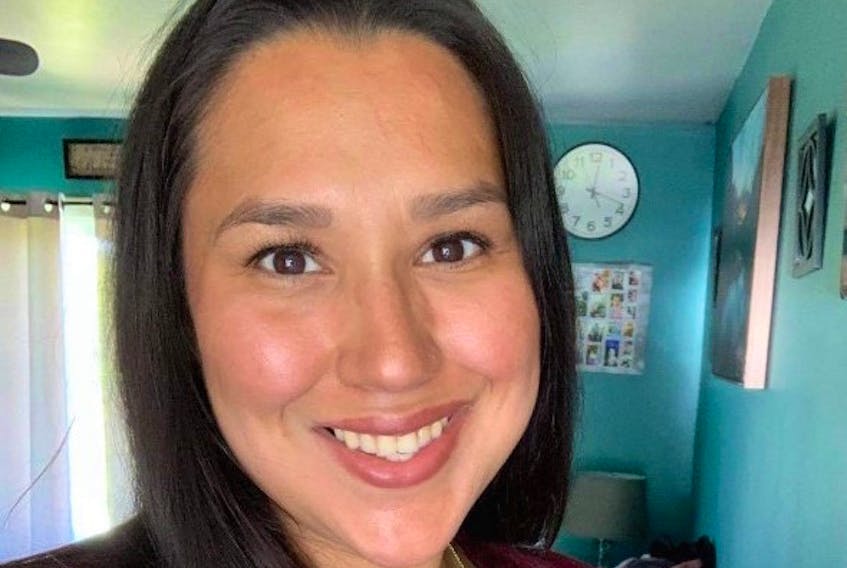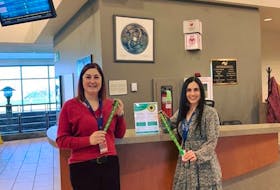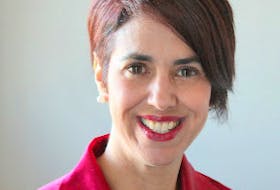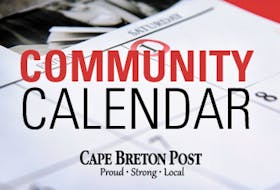ESKASONI, N.S. — Indigenous history and issues are complex and often riddled with academic jargon and Kateri Stevens has dedicated her life to deciphering those messages and relaying that information so others can understand.
“I’m able to see things in a two-way perspective,” said Stevens.
She earned a bachelor of arts in communications and Mi'kmaq studies from Cape Breton University and is currently working on her master's in business and community economic development from the same school.
In her job at the Mi’kmaq Rights Initiative, she tries to explain complex messages to community members in the 13 communities they serve. She also translates messages from English to Mi’kmaw. And she uses those same skills in her youth advocacy work.
“Intergenerational trauma has disconnected them from who they are,” said Stevens.
Trauma is complicated but it’s important for the youth to understand who they are and undressing some of the stigma Mi’kmaq still face, she explained.
Stevens learned the history while at CBU and understanding the history of residential schools, the White Paper policy and the centralization policies were important and enabled her to understand the levels of alcohol and substance abuse she saw in her community.
Stevens says so many people are still in pain and have anger from those policies but they choose the wrong way to cope. She tries to break down the history for them to begin healing.
“It’s time to heal,” said Stevens.
She tries to explain to the youth her own battles with depression stemming from colonial pain. In order to begin healing, people need to know where they're coming from. She hopes more of this history is taught in schools.
It’s also important to know that bad coping skills, when coupled with lateral violence and gossiping, is only exacerbating the problems.
Stevens said in a small community it’s not uncommon for adults to talk about young people who make mistakes by trying drugs or alcohol. But that only makes them feel humiliated and isolated, so she wants to be there for them.
“Everyone has an option to grow,” said Stevens.
She remembers in her own life feeling overwhelmed, trying to balance motherhood with school and work, but things got better. And it can get better for them too. She thinks learning about that history can reveal the resiliency of Mi’kmaq people. And as people learn who they are and where they come from so they can better understand that pain.
“I like to pick people up when they’re feeling broken.”









